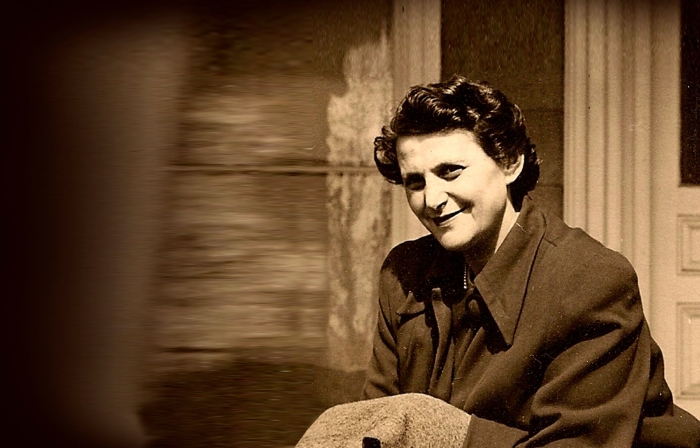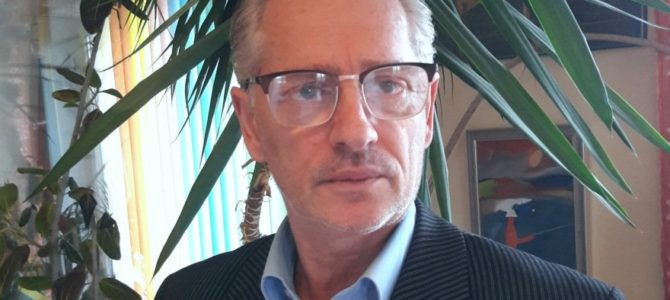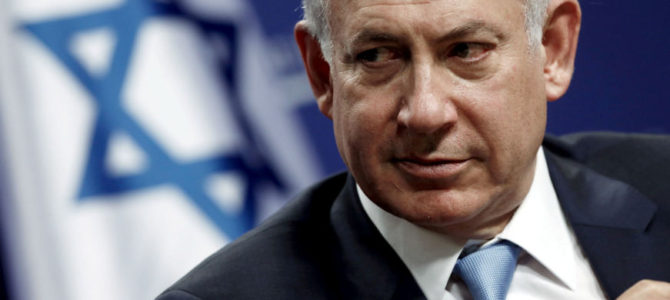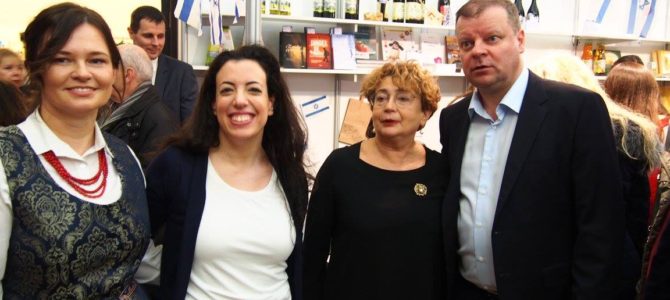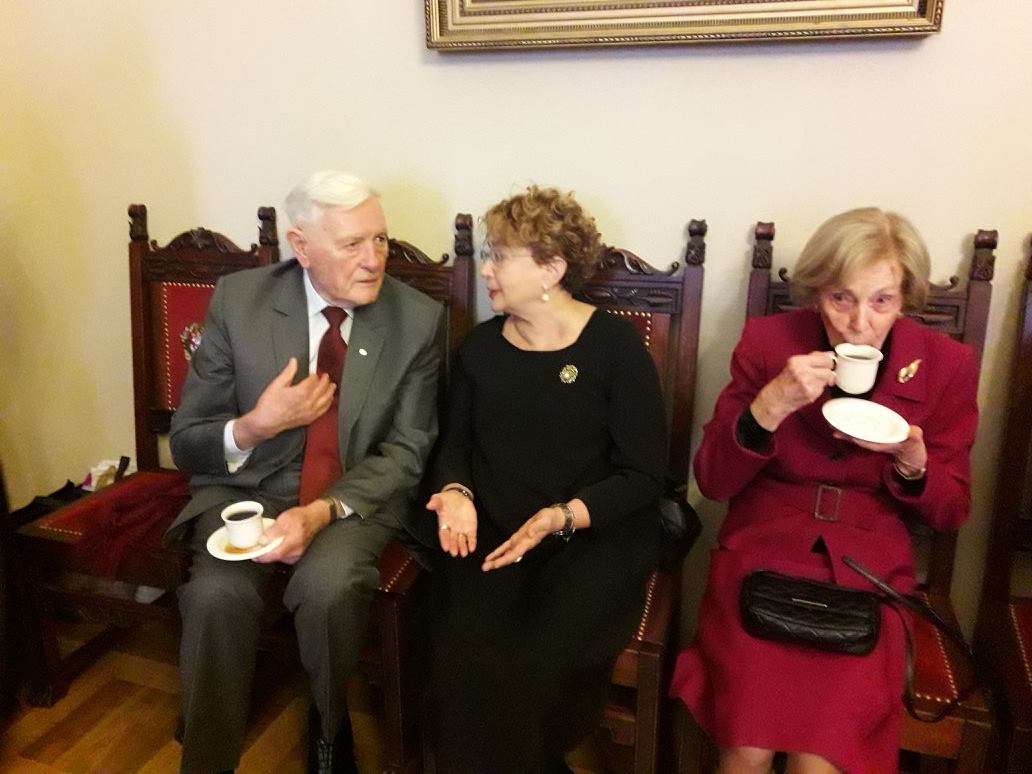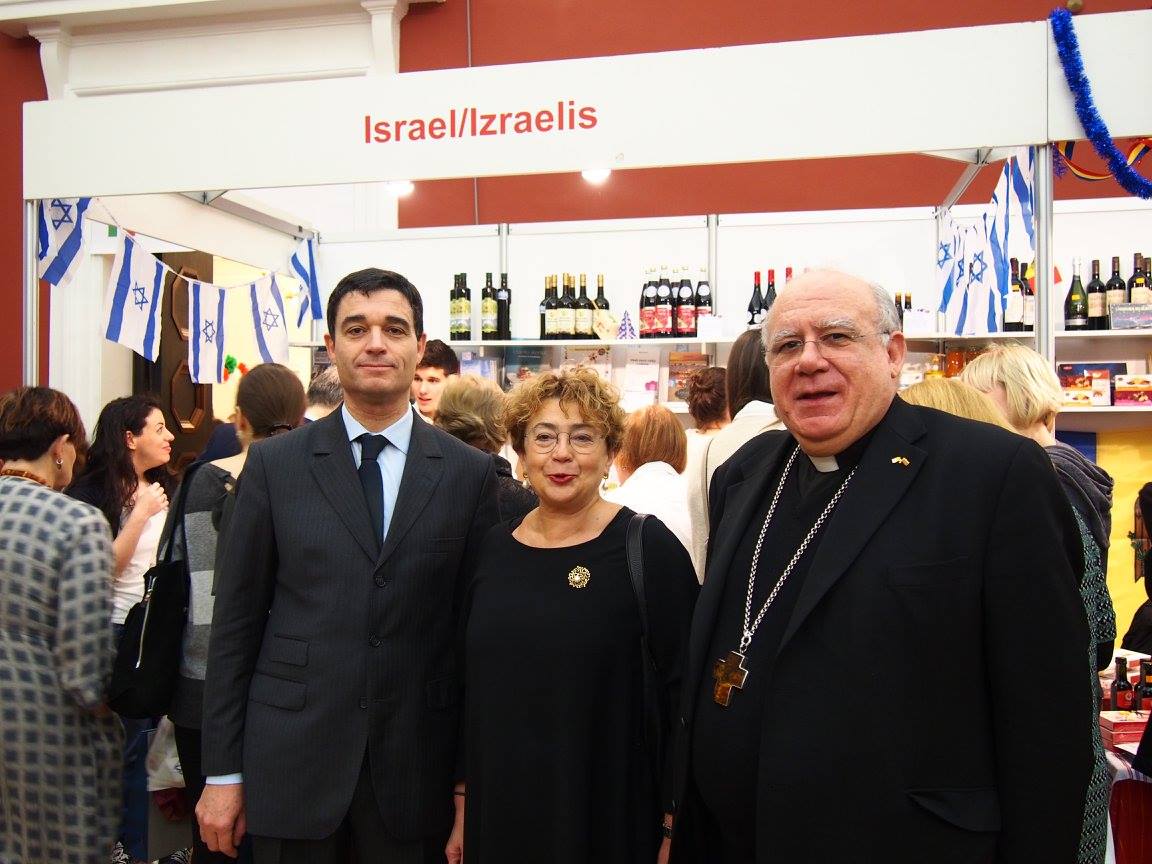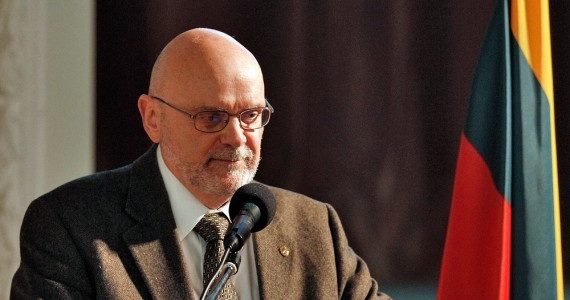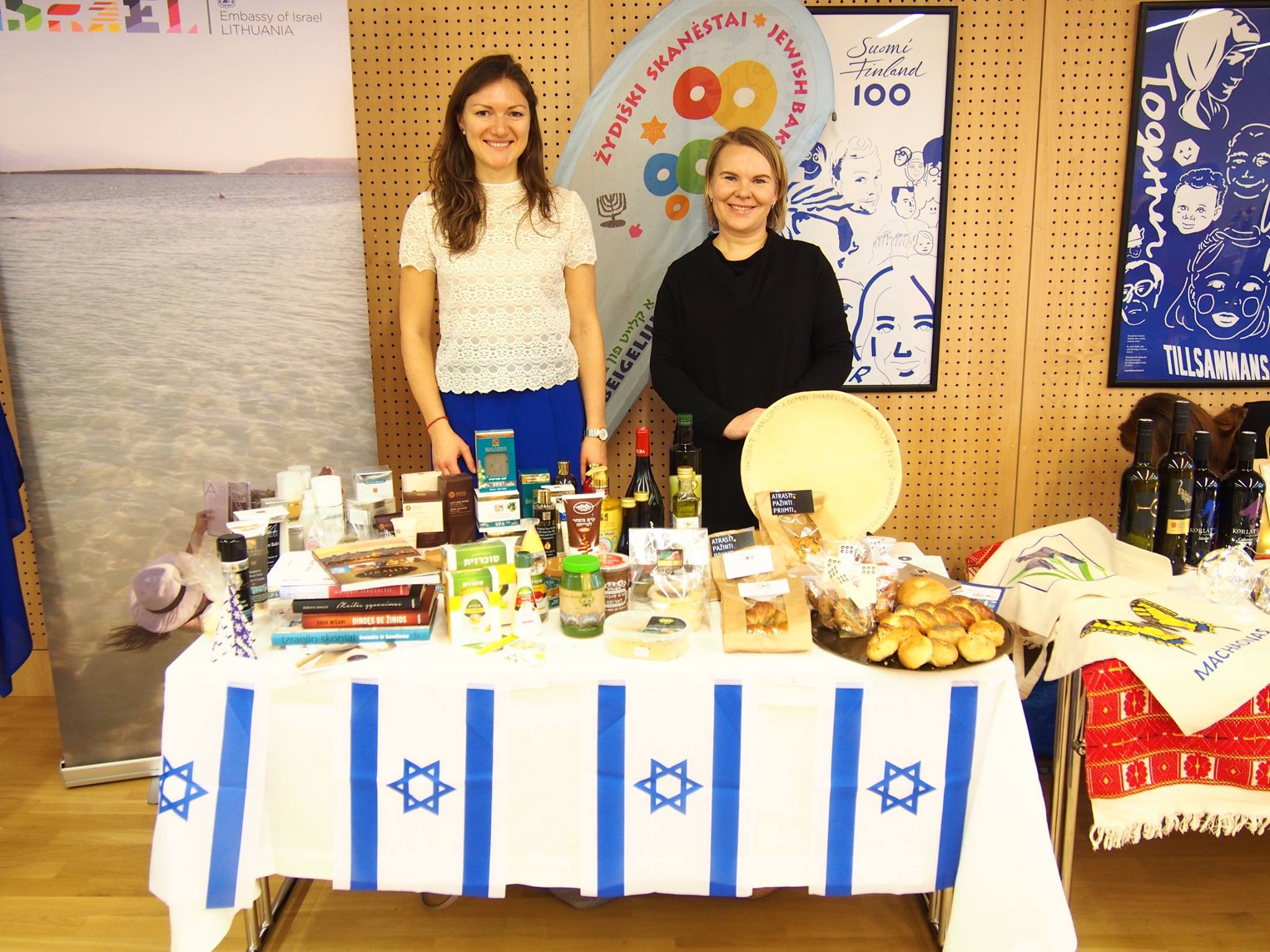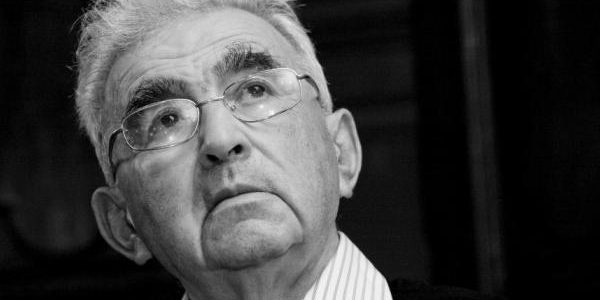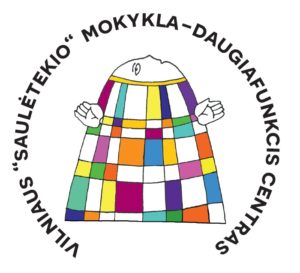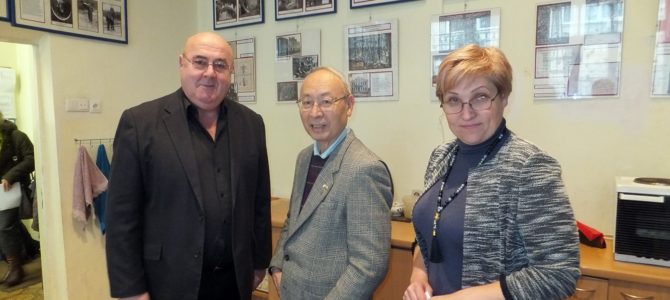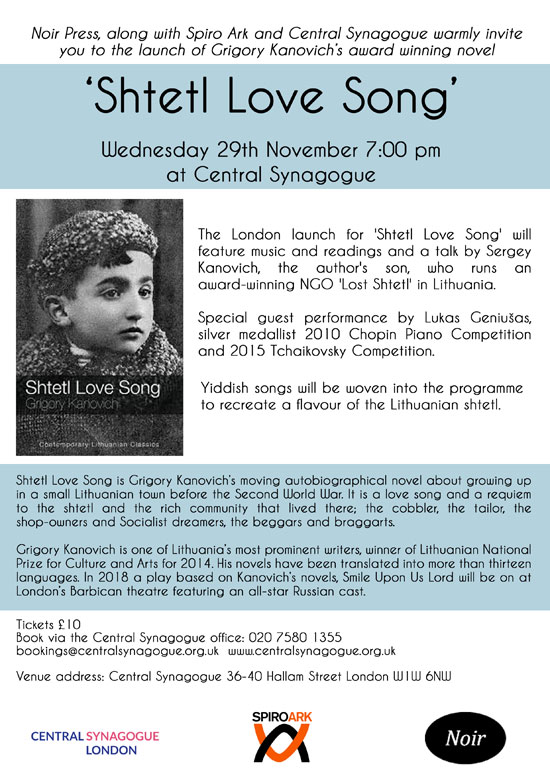November 28, 2017
Dear members of the Lithuanian Jewish Community,
I would like to thank the entire Lithuanian Jewish Community for the outpouring of love and support that has been extended to my family following the passing of my mother, Chasia Shpanerflig. I consider myself truly blessed to have the love and support of this amazing community.
Those who knew my mother knew her as a strong-willed and resilient woman. In ninety-six years, my mother was presented with some of life’s most difficult challenges–war, genocide, the loss of family, oppression; the list goes on and on. It is in the face of adversity where my mother, guided by her deep-rooted morals and values, distinguished herself as a human being. Circumstances that may have given others reason to abandon hope were the times that my mother was strongest and most resilient. Her selflessness and commitment to the well-being of her family and friends: exemplary; her will and her beliefs: unwavering; and her love for her community and family: unparalleled. It is these basic ideals that distinguished my mother and that she will be remembered for.
During the latter portion of her life, my mother was recognized her as an active member of the Jewish community in Vilnius. During times where she still had her youth and was physically capable, she actively participated in, and contributed to, all causes that promoted the well-being of her fellow community members. She took great pride in her level of involvement with the community, most notably in her tenure as an officer in the Veterans Division (secretary)–it gave her an unbelievable sense of purpose and brought her tremendous joy.
In the very late stages of my mother’s life, as her health deteriorated, the community which she gave so much of herself to was right there to return the good favor. The Social Services and the Ghetto divisions in particular, worked tirelessly to make sure she received all of the proper care and support when she wasn’t able to provide for herself. Being thousands of miles away, these times were incredibly difficult for me. Throughout this entire time, both divisions were right there by my family’s side, ensuring that my mother received the best possible care and that the lines of communication were constantly open for my own comfort and peace of mind. It is to them, and their leadership, that I am eternally grateful and would like to extend my deepest appreciation.
There is a popular saying that “time heals all wounds.” While her death has been difficult for my family and me, my mother lived a long and dignified life. The Lithuanian Jewish Community was a significant piece of her identity and she considered its members her family. I would like to thank everyone in the community for the lifetime of support they provided her and for being there for my family and me in these tough times.
Sofia Kats


